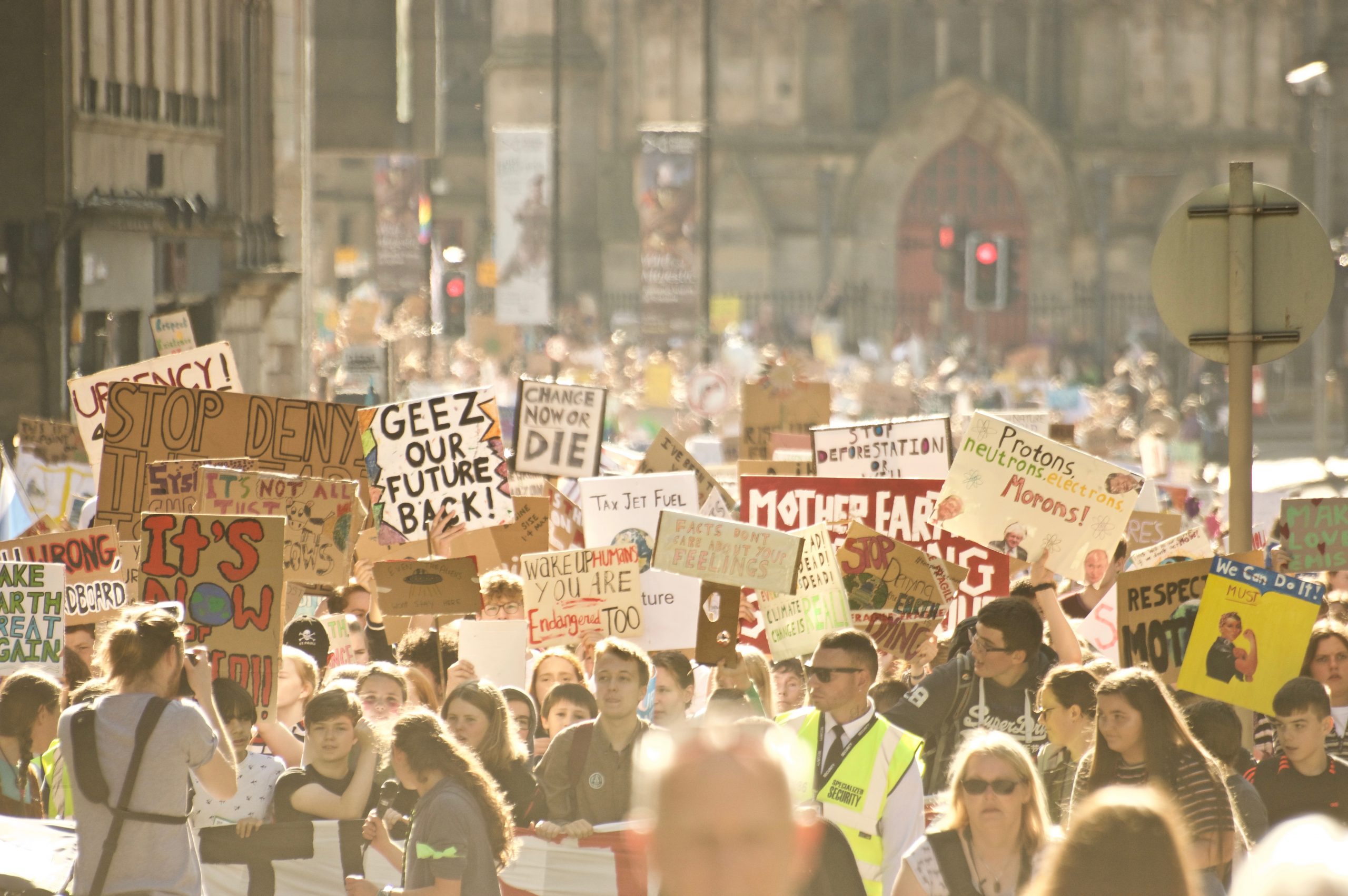
Coalbed methane and fracking ‘unregulatable’ says toxins expert
Internationally acclaimed toxins experts Dr Mariann Lloyd-Smith will tomorrow (21 May) tell the Scottish Parliament that the environmental and health impacts of unconventional gas extraction are impossible to regulate safely.
Dr Lloyd-Smith arrives in Scotland as news emerges that Dart Energy have stopped drilling at their flagship project in Airth, following delays to their planning application and ongoing financial difficulties.
A vocal opponent of coalbed methane extraction in her native Australia where communities are already seeing impacts on health and the local environment, Dr Lloyd-Smith is in Scotland as part of a speaker tour to highlight the risks of unconventional gas extraction techniques currently proposed here in Scotland and throughout Europe.
Dr Mariann Lloyd-Smith said:
“Even if companies follow the best regulation it simply isn’t possible to rule out damaging impacts of unconventional gas extraction on public health and the environment.
“In Australia, where the industry has been operating for some years, we are already seeing evidence of communities suffering the health impacts associated with the industries’ pollution, our rivers are showing environmental damage, farmers are losing access to clean water and rural communities are being industrialised and their way of life ruined.”
Australian company Dart Energy is the leading unconventional gas developer in Scotland.
Its global flagship coalbed methane project is at Airth, near Falkirk, faces strong community opposition, and has been beset by delays. Sixteen wells have already been drilled, and there is a current planning application for a further 22 wells. Falkirk and Stirling Council recently asked Dart for a third extension to decide the application. Dart have so far failed to agree to the extension and have three months to appeal to the Government.
Mary Church, Campaigns Co-ordinator at Friends of the Earth Scotland said:
“It’s right that the Councils take time to consider Dart’s controversial plans carefully, yet Dart seem reluctant to let the proper democratic processes happen. If the application does go ahead it could lead to climate disaster and serious public health problems.
“The news that Dart have stopped drilling shows the company is getting desperate as the chance of getting their Airth project off the ground is crumbling. The local community have been strongly vocal in their opposition to these plans, and should take heart from the news that Dart have stopped drilling.
“The Scottish Government should learn from the Australian experience, listen to the community and put a stop to unconventional gas extraction before its too late.”
Friends of the Earth Scotland are calling for a ban on all unconventional gas extraction and fracking because of the climate and local environmental and health risks associated with the industry.
ENDS
Notes
1. Dr Mariann Lloyd-Smith is Senior Advisor to the Australian National Toxics Network and International POPs Elimination Network. A policy advisor on chemicals and waste management Dr. Lloyd-Smith has served on the UN Expert Group on Climate Change and Chemicals and the Technical Advisory Group of Australia’s industrial chemical regulator. Her work has been published widely and her experience is directly relevant to the current debate about unconventional gas and fracking in Scotland.
2. To add to Dart’s troubles, the company’s share price continues to stay low despite major job cuts: “Controversial gas developer Dart Energy fights to stay afloat” http://foe-scotland.us2.list-manage.com/track/click?u=b5ad0d61b2a67d22c68bf7d8d&id=c947cfd33c&e=38493164e4 and http://foe-scotland.us2.list-manage.com/track/click?u=b5ad0d61b2a67d22c68bf7d8d&id=e4f63d87b6&e=38493164e4
4. The Sunday Herald recently revealed that the quality of gas extracted from Airth is so poor that it might require three tankers of propane a day to bring it up to necessary standards to feed into the grid. http://foe-scotland.us2.list-manage.com/track/click?u=b5ad0d61b2a67d22c68bf7d8d&id=5e211a16ea&e=38493164e4
5. Dart Energy has pulled out of its Australian ventures following a ban on all unconventional gas activity – not just hydraulic fracturing – within 2km of residential areas introduced by the New South Wales Government. http://foe-scotland.us2.list-manage.com/track/click?u=b5ad0d61b2a67d22c68bf7d8d&id=7d5a02eba7&e=38493164e4
6. A study by the Queensland Government found that 44% of the 58 wells tested in 3 fields were leaking http://foe-scotland.us2.list-manage.com/track/click?u=b5ad0d61b2a67d22c68bf7d8d&id=a37a1a9153&e=38493164e4 Research by the Southern Cross University in Australia that found gas was leaking at around 3.5 times the level expected in CSG fields http://foe-scotland.us2.list-manage.com/track/click?u=b5ad0d61b2a67d22c68bf7d8d&id=a7400f67de&e=38493164e4.
7. Methane is a highly potent greenhouse gas that over its short lifetime is over a hundred times more damaging to the climate than carbon dioxide. Research indicates that unconventional gas could be worse in climate terms than burning coal because of methane leakage from gas fields. Seehttp://www.eeb.cornell.edu/howarth/Howarthetal2012_Final.pdf from Cornell University and http://foe-scotland.us2.list-manage.com/track/click?u=b5ad0d61b2a67d22c68bf7d8d&id=0bd6406958&e=38493164e4 from the National Oceanic and Atmospheric Administration (NOAA) who found that 9% of total gas production at a field in Utah was leaking into the atmosphere.
8. Bans and moratoria around the world
France: A nationwide ban on fracking Switzerland: A moratorium on fracking was introduced in the canton of Fribourg Germany: Moratorium in Northrhine-Westphalia on fracking. Lower Saxony likely to do the same.Bulgaria: Government banned frackingCzech Republic: A moratorium on fracking, considering outright banSpain: Cantabria banned fracking, La Rioja is also currently considering sameNetherlands: Moratorium on unconventional fossil fuelsDenmark: Moratorium on fracking Quebec: A moratorium on fracking United States: Vermont banned fracking, and New York has moratorium New South Wales: ban on any coal bed methane activity within 2km of residential areas, and within critical industry clusters such as winegrowing areasIreland: 2-year moratorium on fracking
9. Friends of the Earth Scotland is:
* Scotland’s leading environmental campaigning organisation
* An independent Scottish charity with a network of thousands of supporters and active local groups across Scotland
* Part of the largest grassroots environmental network in the world, uniting over 2 million supporters, 77 national member groups, and some 5,000 local activist groups – covering every continent.
